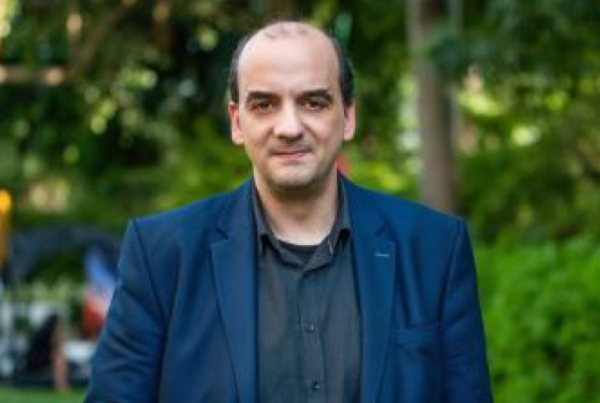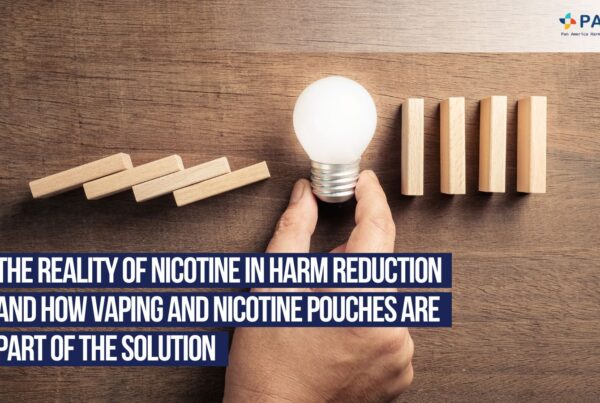
Venezuela is one of the South American countries with the highest burdens of tobacco-related disease and deaths. The recent ban on vaping in Venezuela has been a setback for public health, leaving inveterate smokers with little to no option to quit.
By: Joseph Magero
Today, there are 3.2 million cigarette smokers in Venezuela, with daily tobacco smoking prevalence among adults at 14%.
Can Venezuela learn from Sweden?
Sweden’s results towards achieving a smoke-free society is a success story and an exemplary model for countries around the world, like Venezuela, where 17,296 people die from tobacco smoking-related diseases each year, to adopt in their ongoing efforts towards reducing the health impact of smoking.
Over the past 15 years, Sweden has reduced its smoking rates from 15% in 2008 to 5.6% today. Sweden has the lowest smoking rate in Europe, with corresponding health impacts. For instance, Sweden now has a 41% lower incidence of cancer than other European countries and a 39% lower mortality rate than the European average from all tobacco-related diseases. These achievements highlight Sweden’s smoke-free strategy and the potential benefits of adopting a similar approach in other societies.
The Swedish model of tobacco harm reduction is the acceptance of less harmful alternatives like nicotine pouches, vapes, and heated tobacco products and ensuring that smoke-free options are available and affordable to the general public.
Tags
Popular Posts
Quick Links
Related Posts
 Paradigm Shift Needed In Pan America’s Approach to End Smoking
Paradigm Shift Needed In Pan America’s Approach to End Smoking
Paradigm Shift Needed In Pan America’s Approach to End Smoking
 Tobacco Harm Reduction Seminar in Brazil
Tobacco Harm Reduction Seminar in Brazil
Tobacco Harm Reduction Seminar in Brazil
 Systematic Review of Vaping Flavours | Dr. Konstantinos Farsalinos
Systematic Review of Vaping Flavours | Dr. Konstantinos Farsalinos





